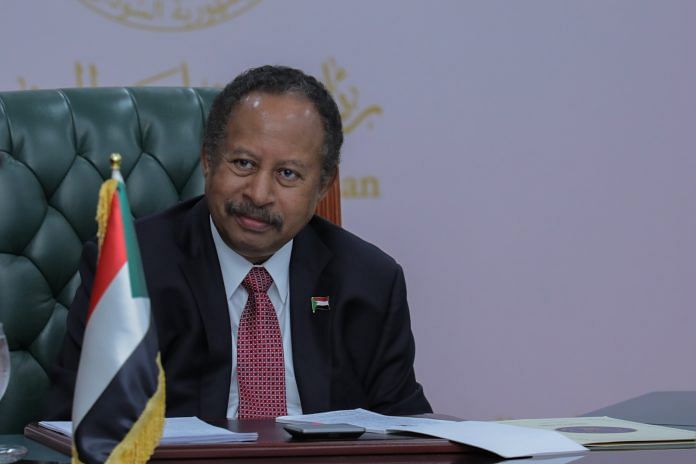New Delhi: Sudan’s transitional government under Prime Minister Abdalla Hamdok has introduced a host of measures intended to speed up reform in the country. Along with strengthening women’s rights by banning female genital mutilation (FGM), the country is set to cancel the prohibition on religious conversion from Islam and will permit non-Muslims to drink alcohol, said Justice Minister Nasredeen Abdulbari.
The amendments mark a drastic shift from almost 40 years of hardline Islamist policies in the country.
In its statement, the Ministry of Justice has clearly averred that FGM “degrades the dignity of women” and that performing the act will now warrant jail time of up to three years.
FGM, which is a common practice in the country, involves the removal of a woman’s inner and outer labia, and usually, the clitoris, too. It can lead to urinary tract infections, cysts, reproductive issues, uterine infections, kidney infections and pain during sex. Nearly 87 per cent of women and girls between 15 and 49 years in the country have been subjected to FGM, according to a 2014 UN-backed survey.
Also read: Why 3 explosions in 3 weeks near Iran’s strategic facilities have left the country unnerved
Allowing non-Muslims to drink alcohol
Alcohol has been banned in Sudan since 1983, after former president Jaafar Nimeiri introduced Islamic law in the country and threw whisky bottles into the Nile river in the country’s capital, Khartoum. Now, non-Muslims will no longer be criminalised for drinking alcohol in private, said Abdulbari on state television. Non-Muslims, who make up about 3 per cent of the population, were typically flogged. For Muslims, the ban will remain.
Abdulbari, a University of Georgetown graduate, is part of the transitional government that took over after the government led by autocrat Omar al-Bashir was overthrown in April 2019 following mass protests. The current leadership has vowed to lead Sudan to democracy and seems to have stepped up its pace of reforms.
In November-December 2019, the justice ministry also repealed a public order law that was used to regulate women’s clothing and behaviour under Bashir’s regime.
Also read: Turkish President Erdogan reconverts 16th century Hagia Sophia cathedral into a mosque



